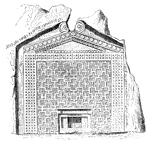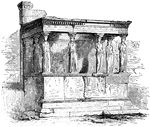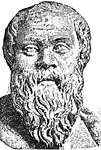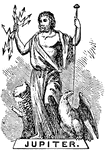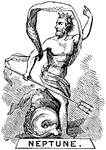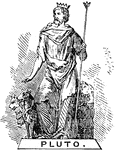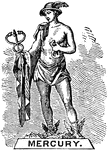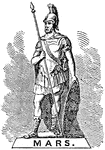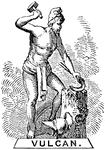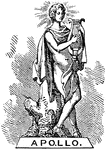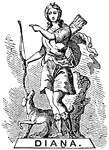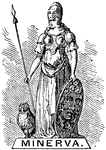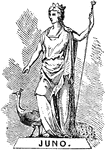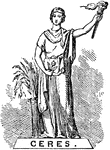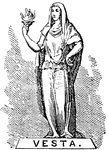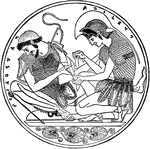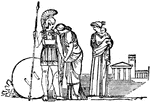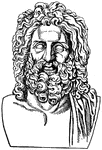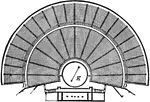Greek Meander
A border design also known as the zigzag, the wave crest, or the water motif. It consists of a series…
Ribbon
The ribbon design is a representation of a twisted ribbon. Like the barber pole stripe, the reciprocal…

Niobe
A personage mentioned in Greek mythology as the daughter of Tantalus and the wife of Amphion, king of…
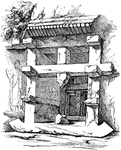
Tomb at Myra
"The second class, those cut in the rock, have either sculptured facades, or a kind of frame standing…
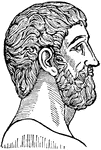
Plato
The founder of a school of Greek philosophy, born in Athens in 429 B.C.; died there in 347 B.C. He was…
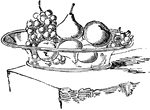
Still Life Painting from Pompeii
"Painting of still life. On a wall of a house at Pompeii." —D'Anvers, 1895
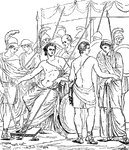
The Parting of Achilles and Briseis
"The Parting of Achilles and Briseis. (Supposed to be from a Greek Painting.)" —D'Anvers, 1895
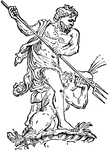
Poseidon
The god of the sea mentioned in Greek legends. he is regarded the son of Kronos and Rhea, and the brother…
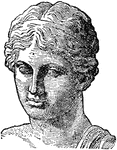
Sappho
An Ancient Greek lyric poet from the city of Eressos on the island of Lesbos, which was a cultural centre…
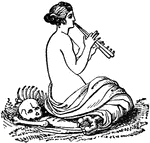
Siren
In Greek legends, the sea nymphs that were seated on the island of the Sirens, off the southwest coast…
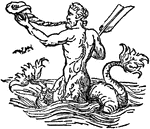
Triton
In Greek mythology, the only son of Poseidon, who is described as one of the minor sea gods. He was…

Lyre
A stringed musical instrument well known for its use in Classical Antiquity. The recitations of the…

Cithara
A seven-stringed lyre with a deep, wooden sounding box. Primarily used by the ancient Greeks, this instrument…
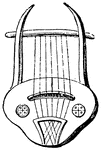
Lyre
A stringed instrument well known for its use in Classical Antiquity. It was used mainly by the Ancient…
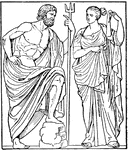
Poseidon
The Greek god of the sea, identified by the Romans with the Italian deity Neptune. A son of Kronos and…
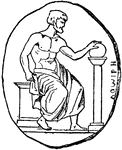
Pythagoras
The celebrated Greek philosopher, was born in Samos, probably about 580-570 B.C. He was the son of Mnesarchus,…
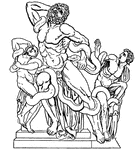
Laocoon
The son of Acoetes and allegedly a priest of Poseidon at Troy. He is famous for warning the Trojans…
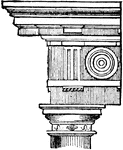
Doric Order
One of the three orders or organizational systems of Ancient Greek or classical architecture.
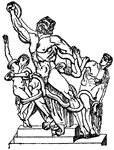
Laocoon
The son of Acoetes and allegedly a priest of Poseidon at Troy. He is famous for warning the Trojans…

Hygieia
"In the classical mythology, the goddess of Health- the daughter of Aesculapius. She was worshipped…

Minerva
"The name of a Roman goddess, identified by the later Graecising Romans with the Greek Athene, whom…

Greek Coin
"In the reign of Philip of Macedon, the coinage of Greece had attained its full development, having…
